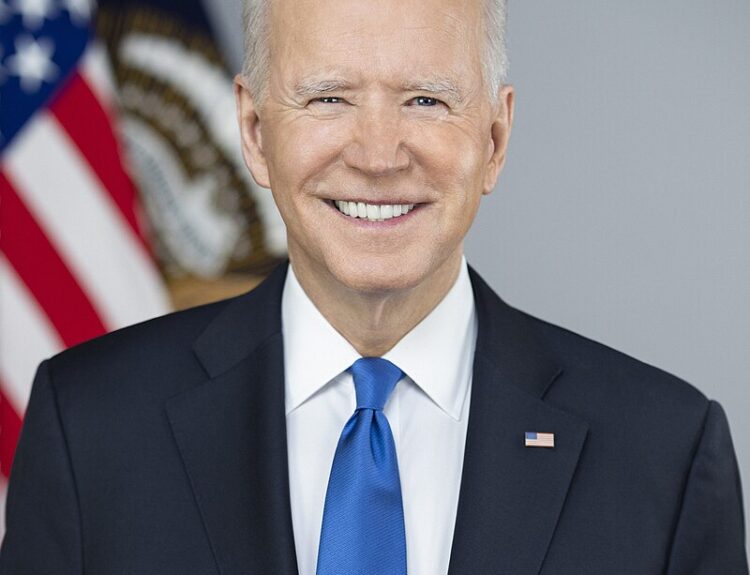Discover how John Lewis shaped the art of protest with purpose and integrity.
- John Lewis was a key figure in merging protest with politics during his 17 terms in Congress.
- He emphasized the importance of discipline, nonviolence, and clear political goals in protests.
- Lewis expressed concern over the violence that erupted during some Black Lives Matter protests.
- He believed in the power of peaceful protest to achieve justice and equality.
- Lewis adapted civil rights movement techniques to modern political challenges.
- He advocated for maintaining dignity and respect during protests to garner public support.
- Lewis’s legacy includes a commitment to nonviolence and the moral authority of protest.
John Lewis, a prominent civil rights leader and Congressman, uniquely combined protest with political action to drive significant change throughout his 17 terms in the House of Representatives. Known as ‘the conscience of the Congress,’ he consistently reminded his colleagues of the fundamental principles at stake in policy discussions. Lewis understood that while protest is vital, it must be directed towards achievable political goals to avoid becoming mere radicalism or empty gestures. nnIn recent months, various protests have erupted across the country, including those related to the Middle East, police training facilities, and climate change. Lewis’s insights on effective protest are particularly relevant for today’s activists. Even as he faced terminal cancer, he was inspired by the determination of young protesters during the Black Lives Matter movement following George Floyd’s murder in 2020. nnLewis’s own experiences with police brutality during the civil rights movement, particularly in Selma, fueled his belief in the power of peaceful protest. He cautioned against allowing passion to overshadow the ideals of nonviolence and love, urging activists to adhere to these principles. He famously stated that history shows nonviolent protest is the most effective way to achieve justice and equality. nnThroughout his life, Lewis demonstrated the importance of nonviolence, not just in avoiding physical confrontations but in recognizing the humanity of opponents. He believed that even in the face of violence, maintaining dignity and respect was crucial. For instance, during his own beatings as a Freedom Rider, he chose not to press charges against his assailants, viewing them as victims of a racist system. nnLewis also understood the significance of presenting oneself with poise during protests. He and his fellow activists dressed in their best attire, which helped to garner public sympathy and support. As the civil rights movement evolved, so did its goals, leading to landmark legislation. Lewis learned to navigate the political landscape, advocating for laws while still valuing the role of protest in achieving specific political objectives. nnIn summary, John Lewis’s legacy is one of unwavering commitment to nonviolence, dignity, and the strategic use of protest to effect change in society. His life serves as a powerful reminder of the impact that disciplined, principled activism can have on the political landscape.·
Factuality Level: 7
Factuality Justification: The article provides a detailed account of John Lewis’s views on protest and politics, supported by historical context and examples from his life. However, it includes some subjective interpretations of events and may present opinions as facts, which slightly detracts from its overall objectivity.·
Noise Level: 8
Noise Justification: The article provides a thoughtful analysis of John Lewis’s approach to protest and politics, highlighting his principles of nonviolence and the importance of strategic protest. It connects historical context with contemporary movements, offering insights into effective activism. The content is relevant, well-supported by examples, and stays on topic, making it a valuable read.·
Key People: John Lewis (Civil Rights Leader and Congressman), Newt Gingrich (House Speaker), David Cicilline (Representative from Rhode Island), David Greenberg (Professor of History and Journalism at Rutgers University)
Financial Relevance: No
Financial Markets Impacted: No
Financial Rating Justification: The article discusses the life and legacy of John Lewis, focusing on his contributions to civil rights and the philosophy of protest. It does not address any financial topics or events that would impact financial markets or companies.·
Presence Of Extreme Event: No
Nature Of Extreme Event: No
Impact Rating Of The Extreme Event: No
Extreme Rating Justification: The article discusses the legacy and philosophy of John Lewis regarding protests and politics, but it does not report on any extreme event that occurred in the last 48 hours.·
Move Size: No market move size mentioned.
Sector: No
Direction: No
Magnitude: No
Affected Instruments: No
 www.wsj.com
www.wsj.com 





